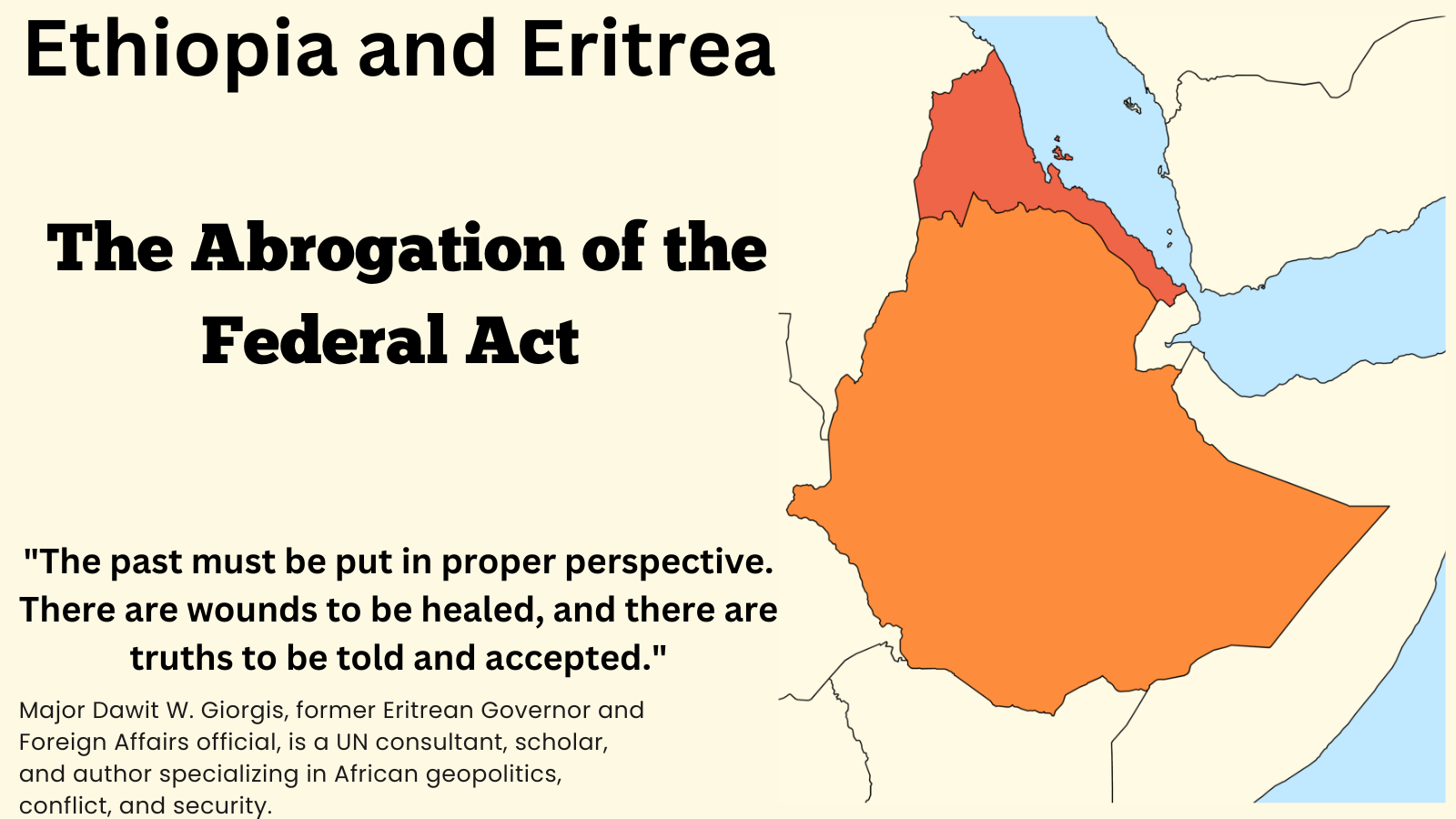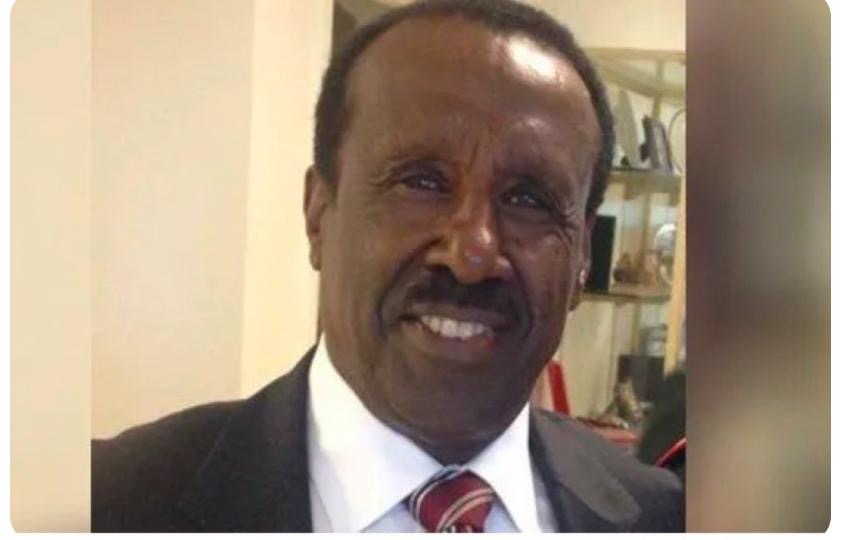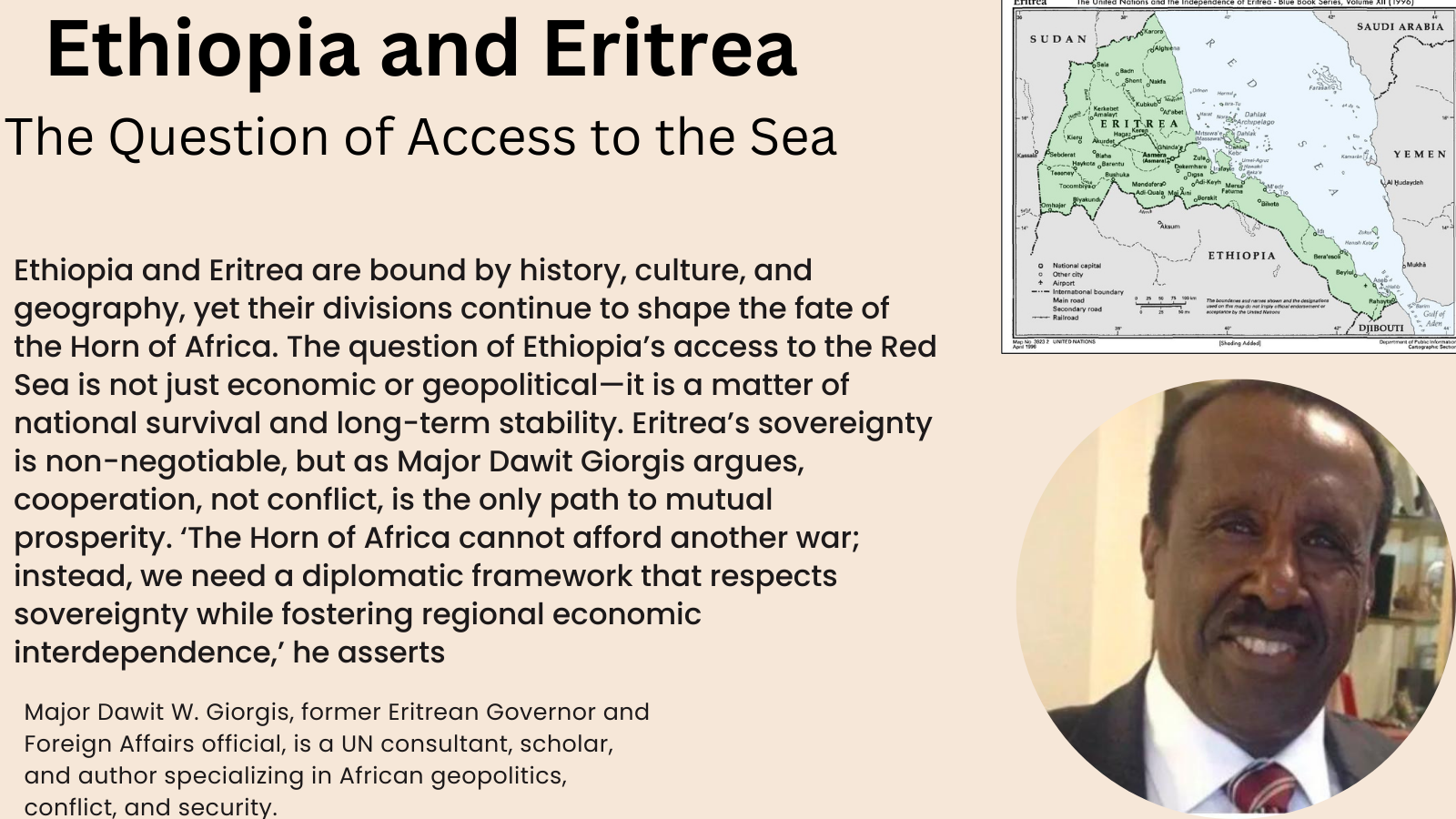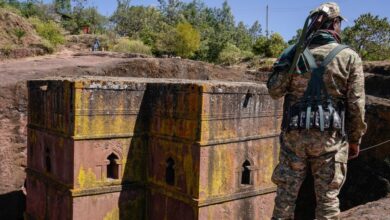Former Ethiopian Foreign Minister Gedu Andargachew Accuses Abiy Ahmed’s Government of Betrayal and Mismanagement
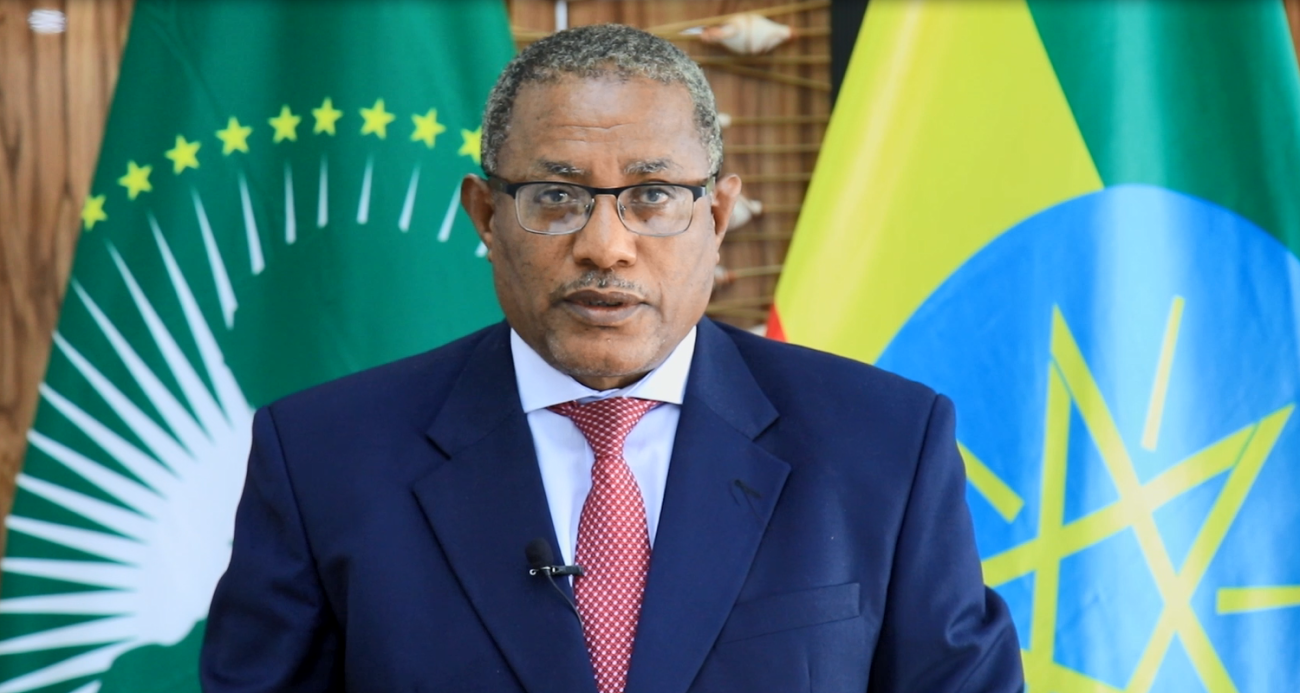
Introduction
In a significant and forthright critique, Gedu Andargachew, the former Ethiopian Foreign Minister and a key figure in the country’s political transition, has launched a scathing attack on the administration of Prime Minister Abiy Ahmed. Andargachew, who played a pivotal role in the transition from the TPLF to Abiy’s government, has expressed strong disapproval of the current administration’s handling of Ethiopia’s political and social challenges. His remarks highlight a growing disillusionment with Abiy Ahmed’s approach and its impact on the nation.
Criticism of Authoritarian Measures and Military Campaigns
Gedu Andargachew’s statement underscores profound discontent with the Prosperity Party’s governance, which he describes as marked by authoritarian measures and military aggression. He criticizes the government’s imposition of a state of emergency, arguing that it has been used to suppress dissent rather than address genuine security concerns. The state of emergency in the Amhara region, now in place for over a year, has led to significant suffering among the Amhara people and other groups, with reports of widespread human rights abuses and targeted violence.
According to Andargachew, the government’s military campaigns, intended to quell resistance, have instead aggravated the situation. He asserts that these actions have inflicted severe harm on civilians and have failed to achieve their intended objectives. Rather than restoring order, the military approach has only intensified public anger and resistance.
Failure to Address Internal Issues and Prioritization of Warfare
Andargachew’s critique extends to the administration’s failure to effectively manage Ethiopia’s internal issues. He accuses the Prosperity Party of prioritizing warfare over essential developmental needs. In his view, the administration’s focus on military solutions has led to disastrous economic consequences, including rampant inflation, widespread displacement, and exacerbated drought conditions. These issues have compounded the suffering of the Ethiopian people, and Andargachew argues that the government’s inability to address these fundamental problems has further destabilized the country.
Betrayal of Promises and Erosion of Trust
Initially, Gedu Andargachew had high hopes for Abiy Ahmed’s administration, anticipating genuine reconciliation and reform. However, he now feels that these promises have been betrayed. Instead of fostering a climate of peace and cooperation, Andargachew believes the administration has intensified conflicts and adopted repressive tactics against various ethnic groups, particularly the Amhara. This betrayal has led to increased violence and instability, undermining the initial optimism surrounding the administration’s rise to power.
The erosion of trust extends to the Ethiopian Defense Forces, which Andargachew claims have lost their credibility and respect. Once viewed as a unifying force for national protection, the military is now seen as an instrument of oppression. Its involvement in conflicts against civilians has tarnished its reputation and highlighted a troubling shift in its role under the current government.
Call for Change and Accountability
In light of these issues, Andargachew calls for a fundamental reassessment of Ethiopia’s governance. He argues that the Prosperity Party’s approach has proven ineffective and detrimental to the nation’s well-being. The former minister advocates for a return to democratic principles, emphasizing the need for internal unity and a commitment to addressing the root causes of Ethiopia’s crises. He stresses that relying on force and repression will not resolve the country’s challenges and that a new approach is necessary to restore stability and peace.
Conclusion
Gedu Andargachew’s reprimand of Prime Minister Abiy Ahmed’s administration represents a critical perspective on Ethiopia’s current political landscape. His comments reflect widespread concerns about the government’s methods and their impact on the nation. Andargachew’s call for change and accountability underscores the urgent need for a reevaluation of Ethiopia’s approach to governance and conflict resolution.
As Ethiopia continues to grapple with political instability and humanitarian issues, Andargachew’s critique highlights the pressing need for a more inclusive and effective strategy to address the country’s challenges and pave the way for lasting peace and development.
EAR- Editorial Note
This news story is sourced from borkena

